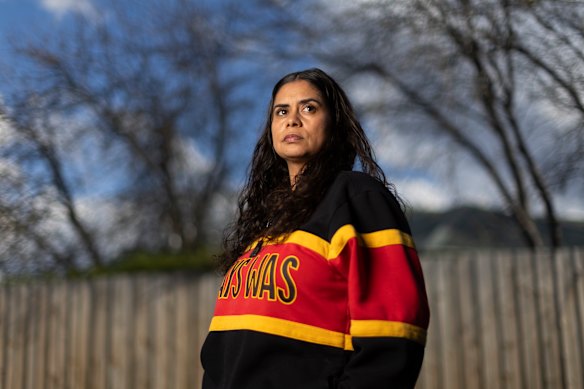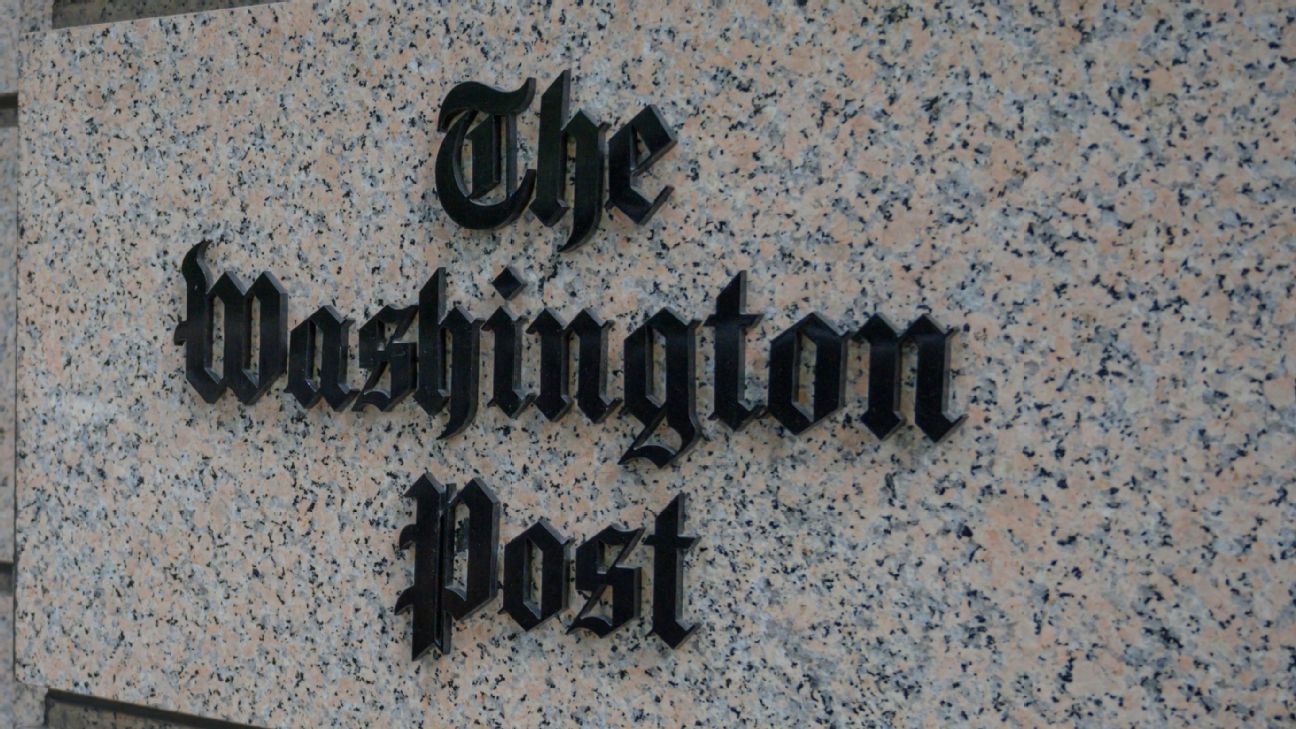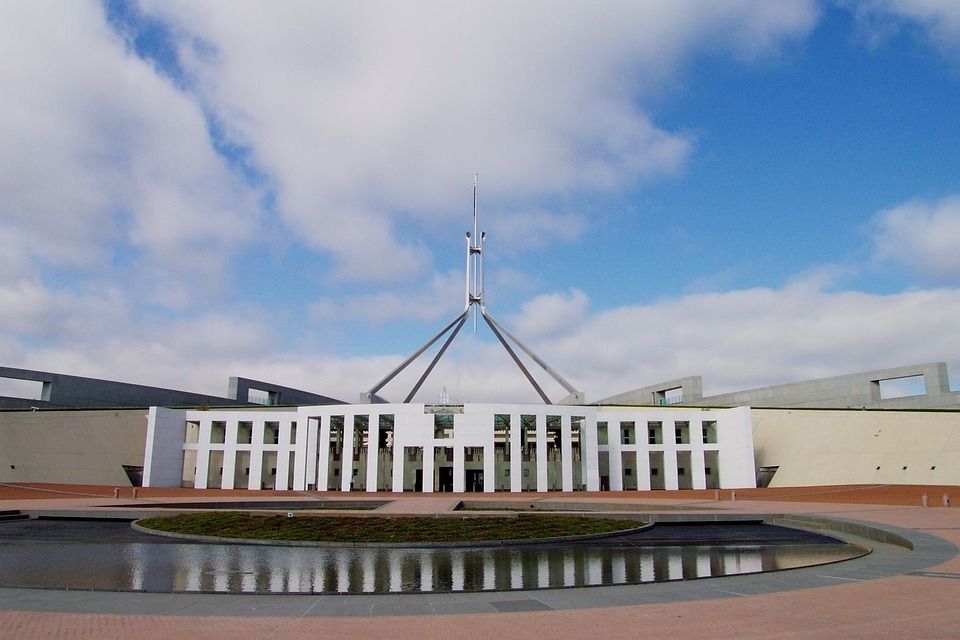
The City of Melbourne’s decision to implement a security guard program is drawing criticism from advocacy groups focused on homelessness. The program, budgeted at $2 million, aims to hire ten security guards to patrol the Central Business District (CBD), a move that critics argue unfairly targets and criminalizes homeless individuals.
Kathleen Terrick, a member of the Homeless Persons Union of Victoria, has personal experience with homelessness. She spent part of her childhood living in a tent on a riverbank. Terrick argues for a reallocation of resources towards support services rather than security measures. “Being homeless is not a crime,” she stated. “I don’t like these security ‘solutions’ that councils are coming up with. We need resources to go into proven services like outreach support and homeless shelters.”
In response to rising concerns about homelessness, the Homeless Persons Union launched a petition on March 4, 2024, urging the City of Melbourne to abandon the new program. The petition emphasizes that the security initiative does not address the underlying issues of poverty and homelessness, instead opting for a punitive approach.
The council confirmed that the security guards are set to replace the temporary contractor Crownland Security next month, following a trial period that began in March 2024. These guards will work alongside local laws officers to enforce compliance orders aimed at addressing aggressive begging, street drinking, and drug use.
The powers of the security guards are primarily limited to citizen’s arrests. Nonetheless, Melbourne Lord Mayor Nick Reece maintains that the presence of security personnel offers a sense of safety for both council workers and the general public. “During the trial, our officers reported feeling safer when dealing with potentially violent situations, and we also saw a reduction in street drinking and begging,” Reece explained in a statement.
Reece’s comments highlight a growing tension between public safety measures and the need for effective support for vulnerable populations. Critics, including Terrick, argue that the focus should shift away from security enforcement and towards comprehensive support services that address the root causes of homelessness.
As the City of Melbourne prepares to implement this program, the debate over how best to support the homeless and manage public spaces continues to intensify. Advocates are calling for a more compassionate approach that prioritizes the well-being of those experiencing homelessness over punitive measures.






